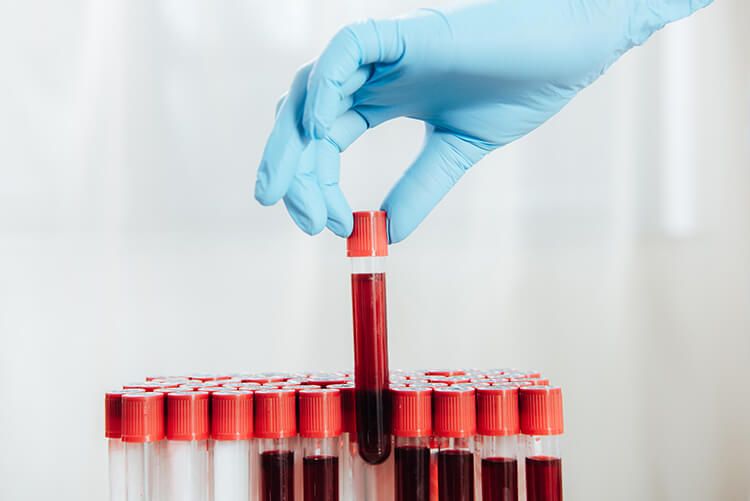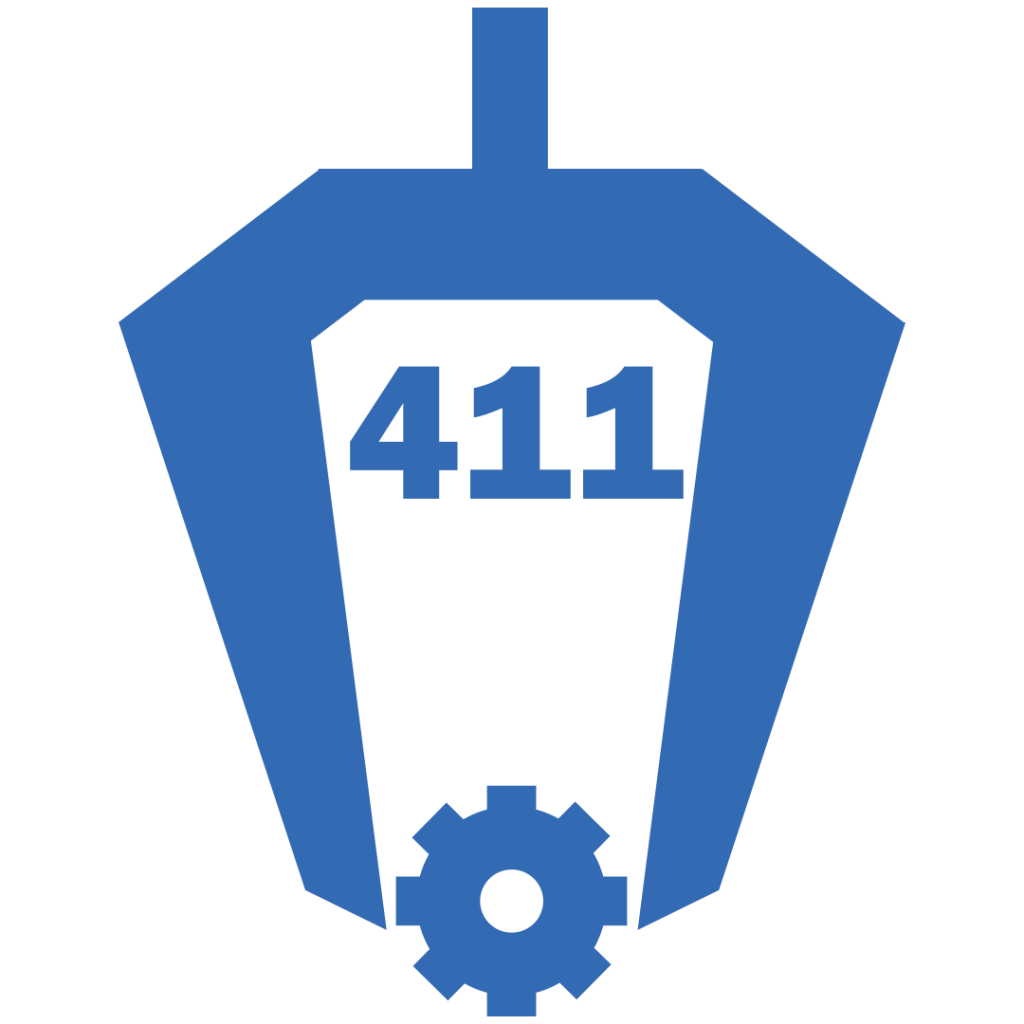
What is meant by hormone tests?
Hormone tests are diagnostic tests that detect and evaluate hormone imbalances.
In particular, they measure the concentration of hormones produced by the body’s endocrine glands, such as the thyroid gland, adrenal glands, and pancreas.
Hormones are chemicals released into the bloodstream to send a message to distant organs or tissues.
What do hormone tests show?
Hormone testing aims to detect disorders caused by the overproduction or underproduction of a particular hormone. Such disorders are usually accompanied by clinical symptoms.
Hormone tests can take place to check the function of the thyroid gland, the adrenal glands, and the pituitary gland. They are also used to diagnose sugar diabetes, among others.
Thyroid function tests
- Thyroid-stimulating hormone (TSH)
- Thyroxine (T4)
- Triiodothyronine (T3)
- Free Thyroxine (FT4)
- Free Triiodothyronine (FT3)
- Thyroglobulin (TG)
- Antithyroid antibodies against thyroid peroxidase (Anti-TPO)
- Antithyroglobulin antibodies (Anti-TG)
- TSH Receptor Antibodies (TSI)
- Calcitonin (CT)
Hormone tests for Diabetes
- Antidiuretic Hormone (ADH)
- Insulin (INS)
- Insulin IgG autoantibodies (IAA)
- Fructosamine
- Pancreatic polypeptide (PP)
- C-Peptide
- Leptin
Adrenal Gland function tests
- Serum cortisol
- Dehydroepiandrosterone sulfate (DHEA-S)
- 17-hydroxyprogesterone (17 OHPG)
- Corticosteroid hormone
Pituitary Gland function tests
- Luteinizing hormone (LH)
- Follicle-stimulating hormone (FSH)
- 17-beta-Estradiol (E2)
- Progesterone (PRG)
- Prolactin (PRL)
- Total testosterone
Hormone tests for Osteoporosis
- Ostease (BAP)
- Bone alkaline phosphatase fraction (BSAP)
- Osteocalcin (BGP)
- Parathormone (PTH)
- Procollagen Type 1 (P1NP)
- Type 1 collagen telopeptide C (CTx)
- Type 1 collagen telopeptide N (NTx)
- Urine deoxypyridinoline (DPD)
- Urine hydroxyproline (OH-PRO)
Hormone tests at PLUS diagnostic center
PLUS diagnostic center performs all types of hormone tests with the assistance of modern, automatic analyzers.
An experienced Medical Biopathologist checks and evaluates the results of the hormone tests before sending them to the patient.

Roche Cobas 411
Automatic analyzer using electrochemiluminescence technology to measure hormones.

Roche Elecsys 2010
Immunological-hormonal analyzer with the ability to measure up to 15 different parameters.

Great Accuracy
Reliable results for all hormone tests.

Speed
Delivery of results in a short period of time.
Frequently Asked Questions
Hormonal disorders are related to the problematic functioning of the endocrine system. The endocrinologist is the doctor who mainly prescribes hormone tests. However, depending on the system that is deregulated due to the hormonal disorders, other doctors, such as gynecologists or diabetologists, can also prescribe hormone tests.
The majority of hormone tests require a blood sample. However, the measurement of some hormones requires urine or saliva samples.
Hormone tests related to gynecological issues, such as menstrual disorders, menopause, fertility control or polycystic ovaries, should be performed on specific days of the menstrual cycle. The basic hormone testing takes place at the beginning of the cycle (2nd-6th day of the menstrual cycle).
A basic hormone test for men measures the following hormones:
- Dihydrotestosterone (DHT)
- Dehydroepiandrosterone sulfate (DHEA-S)
- Estrone (E1)
- Estradiol (E2)
- Progesterone
- Follicle-Stimulating Hormone (FSH)
- Luteinizing Hormone (LH)
- Prolactin
- Thyroid-stimulating Hormone (TSH)